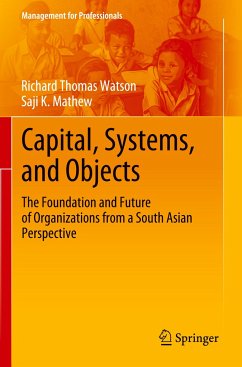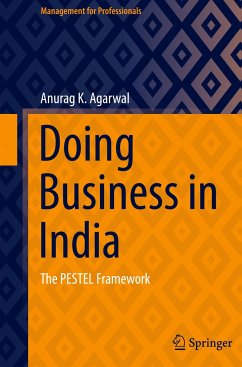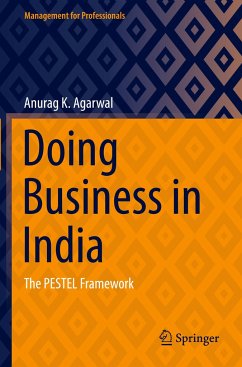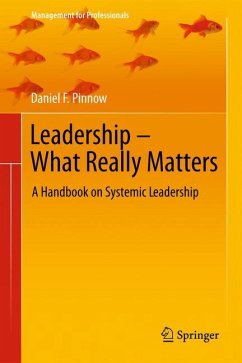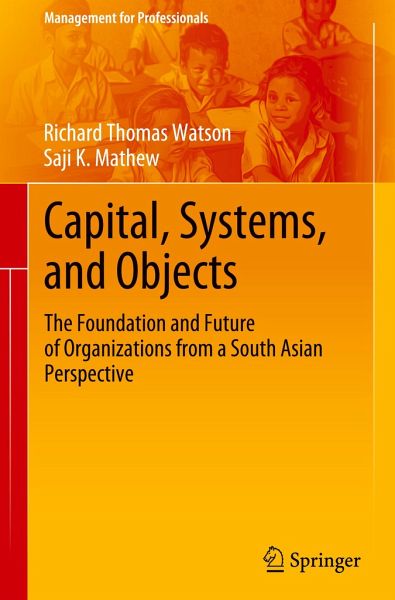
Capital, Systems, and Objects
The Foundation and Future of Organizations from a South Asian Perspective
Versandkostenfrei!
Versandfertig in 6-10 Tagen
57,99 €
inkl. MwSt.
Weitere Ausgaben:

PAYBACK Punkte
29 °P sammeln!
This book provides a set of integrated frameworks-capital, systems, and objects-that transcend managerial or technology hype by focusing on the long-term fundamentals that sustain organizational success, and it contains cases from South East Asia to elaborate this concept. Many organizations are currently addressing two important transformational issues: ecological sustainability and digitization. Sustainability is a goal, an end, and digitization is a process, a means to achieve a goal. This book introduces a flexible model that can be applied to current and future organizational challenges, ...
This book provides a set of integrated frameworks-capital, systems, and objects-that transcend managerial or technology hype by focusing on the long-term fundamentals that sustain organizational success, and it contains cases from South East Asia to elaborate this concept. Many organizations are currently addressing two important transformational issues: ecological sustainability and digitization. Sustainability is a goal, an end, and digitization is a process, a means to achieve a goal. This book introduces a flexible model that can be applied to current and future organizational challenges, including sustainability and digitization, because the fundamentals are constant.
This book is designed to serve two purposes for the readers: first, to present three conceptual foundations for designing and operating organizations (capital, systems, and objects (section 1)); and second, to provide a reference source for implementing these ideas in your organization (sections 2 and3). The first section of the book, chapters 1 through 7, sets forth the conceptual foundations. The chapters mix concepts and practical examples to give a new way of thinking about the setting in which one may work many days each year. The second section provides details and associated examples of every one of the thirty-six forms of capital conversion. It also illustrates how the five foundational systems support capital conversion in a variety of ways. Finally, the third section is about measuring capital and systems.
The book covers measurement of all types of capital and systems performance and has been written for current and future organizational leaders to change the game and play it more effectively. The book will thus resonate with students of organizational behaviour and leadership strategy, organizational leaders, industry experts, and general readers.
This book is designed to serve two purposes for the readers: first, to present three conceptual foundations for designing and operating organizations (capital, systems, and objects (section 1)); and second, to provide a reference source for implementing these ideas in your organization (sections 2 and3). The first section of the book, chapters 1 through 7, sets forth the conceptual foundations. The chapters mix concepts and practical examples to give a new way of thinking about the setting in which one may work many days each year. The second section provides details and associated examples of every one of the thirty-six forms of capital conversion. It also illustrates how the five foundational systems support capital conversion in a variety of ways. Finally, the third section is about measuring capital and systems.
The book covers measurement of all types of capital and systems performance and has been written for current and future organizational leaders to change the game and play it more effectively. The book will thus resonate with students of organizational behaviour and leadership strategy, organizational leaders, industry experts, and general readers.



